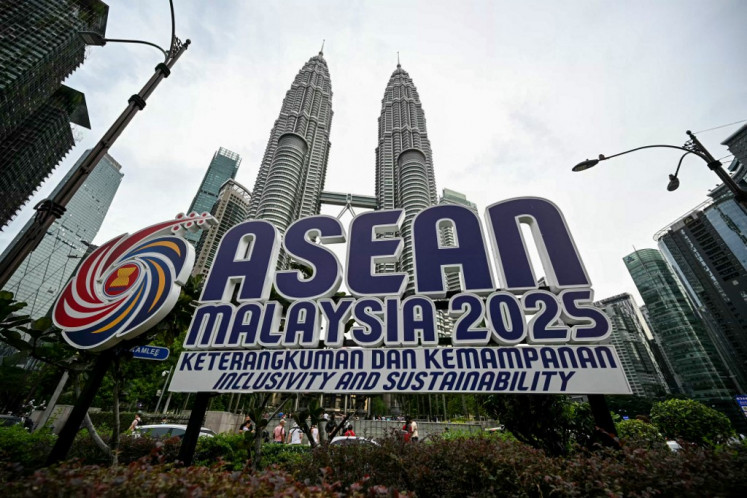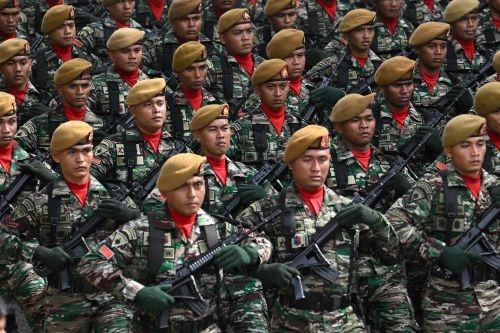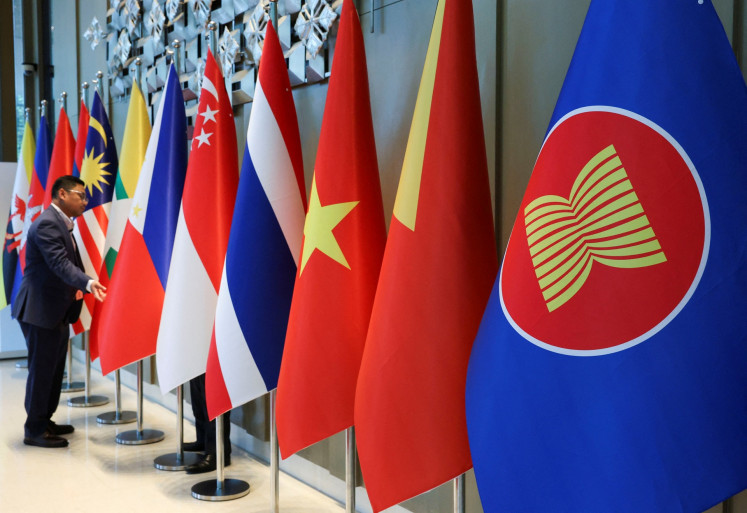Tax office, professionals team up to disseminate new rule
The country’s tax authority is racing against time to ensure taxpayers share a similar understanding about a new regulation on transfer pricing documentation, recently introduced as part of a global initiative to curb global tax avoidance practices
Change text size
Gift Premium Articles
to Anyone

T
he country’s tax authority is racing against time to ensure taxpayers share a similar understanding about a new regulation on transfer pricing documentation, recently introduced as part of a global initiative to curb global tax avoidance practices.
Issued on Dec. 30 last year, Finance Ministerial Regulation No. 213 on transfer pricing documentation requires companies with overseas and domestic affiliated transactions to prepare a complete transfer pricing documentation, also known as the “TP doc.”
Companies with gross affiliated transactions above Rp 50 billion (US$3.75 million) are required to have the so-called master and local files, both of which must be available by April 30 next year. Meanwhile, those with gross affiliated transactions above Rp 11 trillion should also prepare a country-by-country report (CbCR), in addition to the master and local files, by Dec. 31 this year.
The companies are then only required to submit a summary of the TP doc when they file their annual tax forms (SPTs). The documents, however, must be available anytime should the tax authority request data on their transfer pricing activities.
The new rule was introduced as a legal instrument to follow up on Government Regulation (PP) No. 74/2011 on taxation rights and obligation. It is also an embodiment of a guideline called the Base Erosion Profit Shifting (BEPS) Action 13 introduced by the Organization for Economic Co-operation and Development (OECD) that aims to fight tax avoidance worldwide.
As of now, the tax authority has disseminated the new rule to more than 400 big taxpayers as well as its own officers, particularly in regions where prominent taxpayers are registered. It has also teamed up with tax consultants and professional accountant organizations.
“The regulation was just issued one-and-a-half months ago. That’s why we have asked support from tax consultants to disseminate the information about the regulation to their clients,” Achmad Amin, the Directorate General of Taxation’s head of prevention and resolution for international taxation dispute, said recently in a seminar attended by accountants and tax consultants.
The new policy is part of Indonesia’s task to adjust its tax regulations with a global initiative called the Automatic Exchange of Information (AEOI) endorsed by the OECD and the G20, of which Indonesia is a member. By 2018, tax authorities will be able to exchange information, including data from taxpayers’ bank accounts that are under investigation.
By implementing the BEPS Action 13 guideline on transfer pricing, Indonesia will be ready to join the global fight against tax avoidance as most multinational companies already own subsidiaries in the country, and vice versa.
“The point is, companies should be more transparent and ensure that prices or profits gained from their inter-affiliated transactions are truly natural, so that the value of their tax payments can be considered as they are supposed to be,” Achmad said.
Deputy Finance Minister Mardiasmo said recently that the implementation of the new transfer pricing rule was part of the government’s efforts to improve tax compliance after it completed its tax amnesty next month. “We hope this regulation can help increase state revenue,” he said, stressing that transfer pricing alone was not a crime, but should be done in a transparent manner.
Tax experts and company executives said the new rule would enable taxpayers to prove themselves of conducting fair transfer pricing activities. “Of course the cost will be higher during the first year [of the implementation],” said Sahat P. Simarmata, finance and administration director at Kalimantan Jawa Gas.









